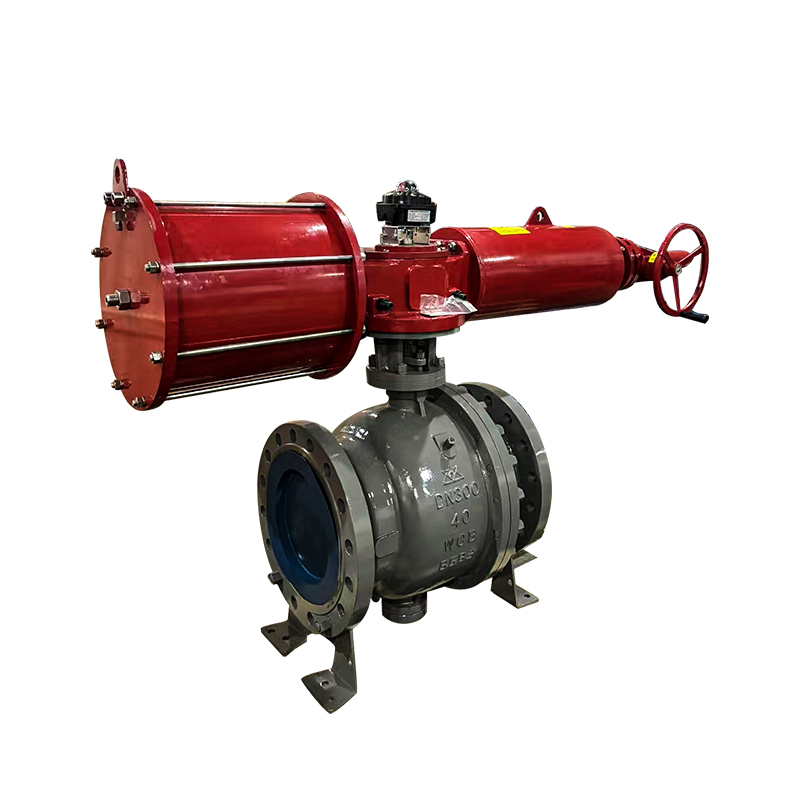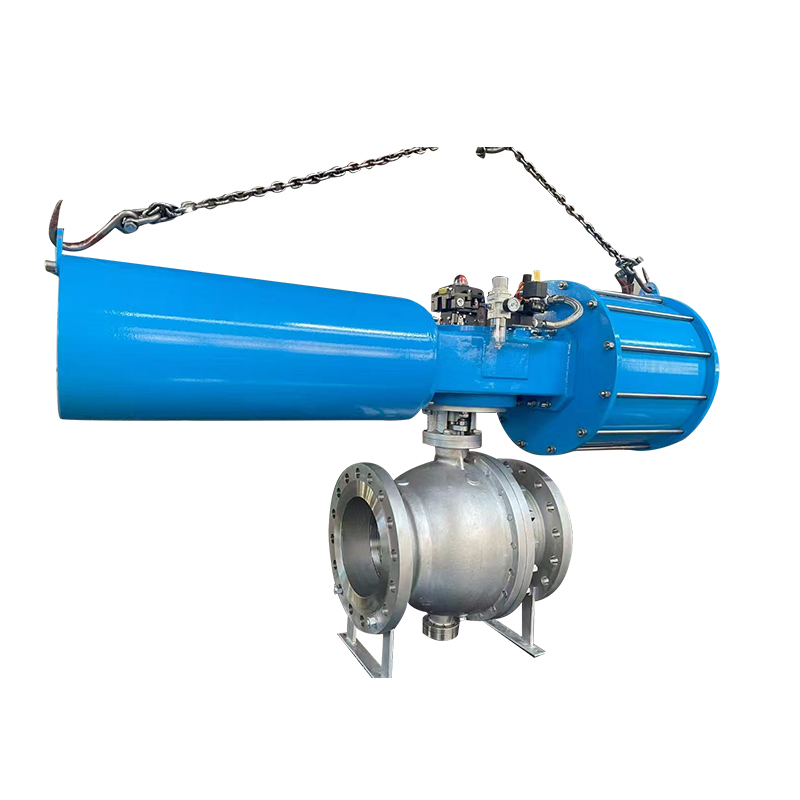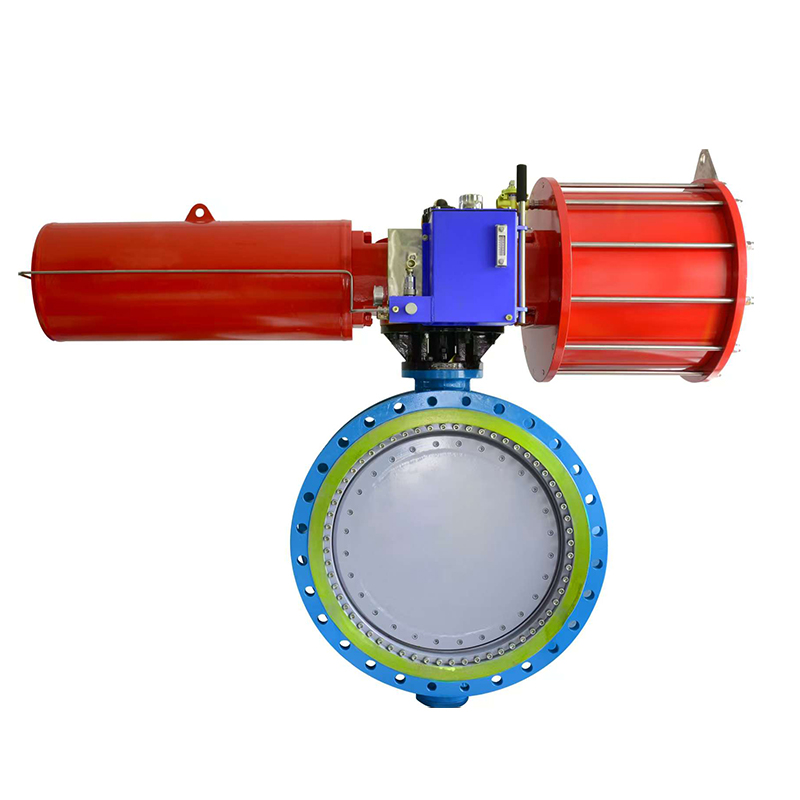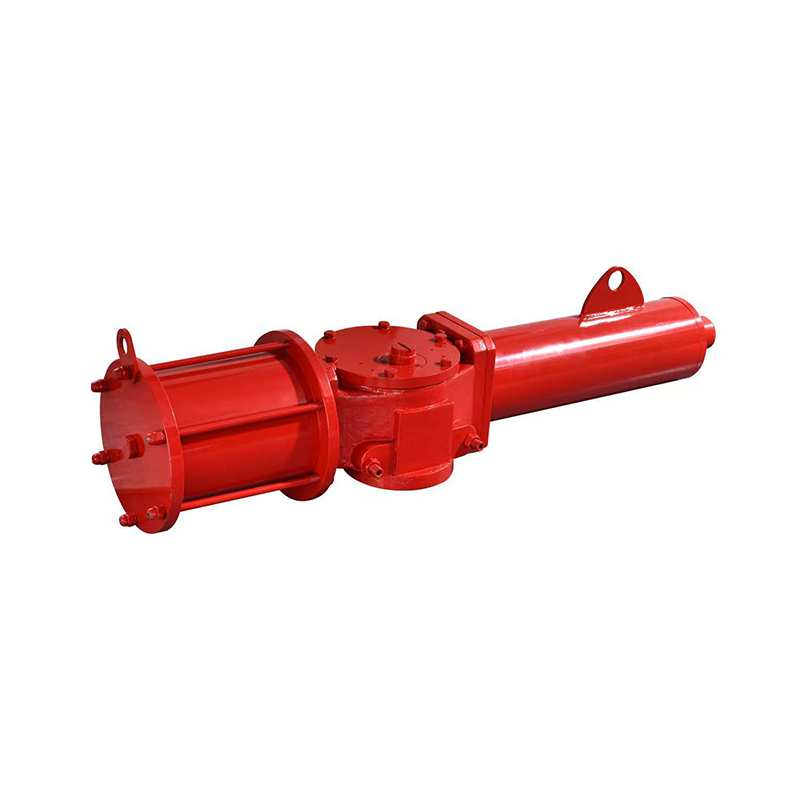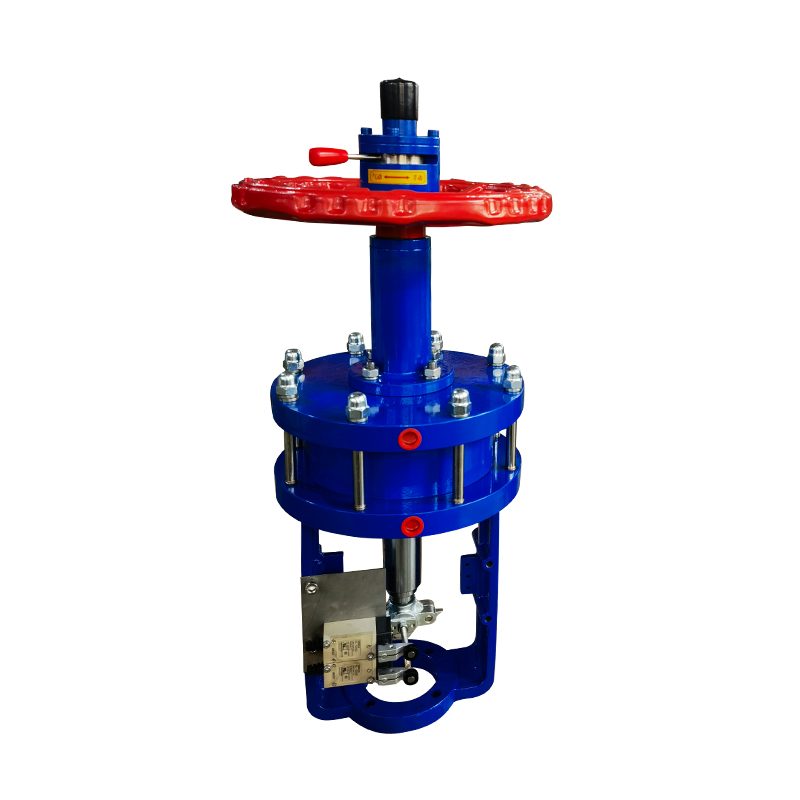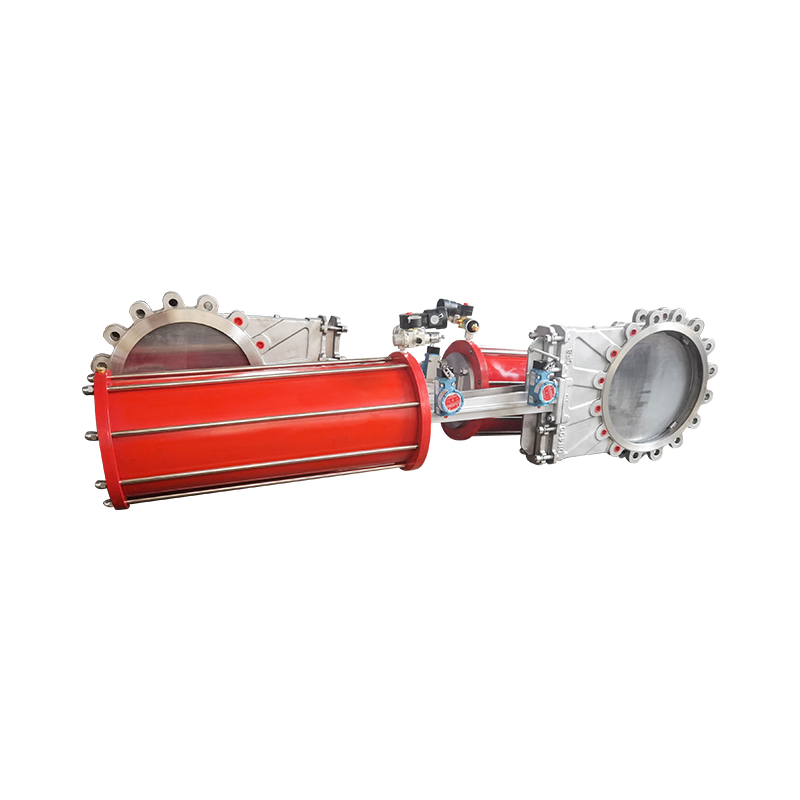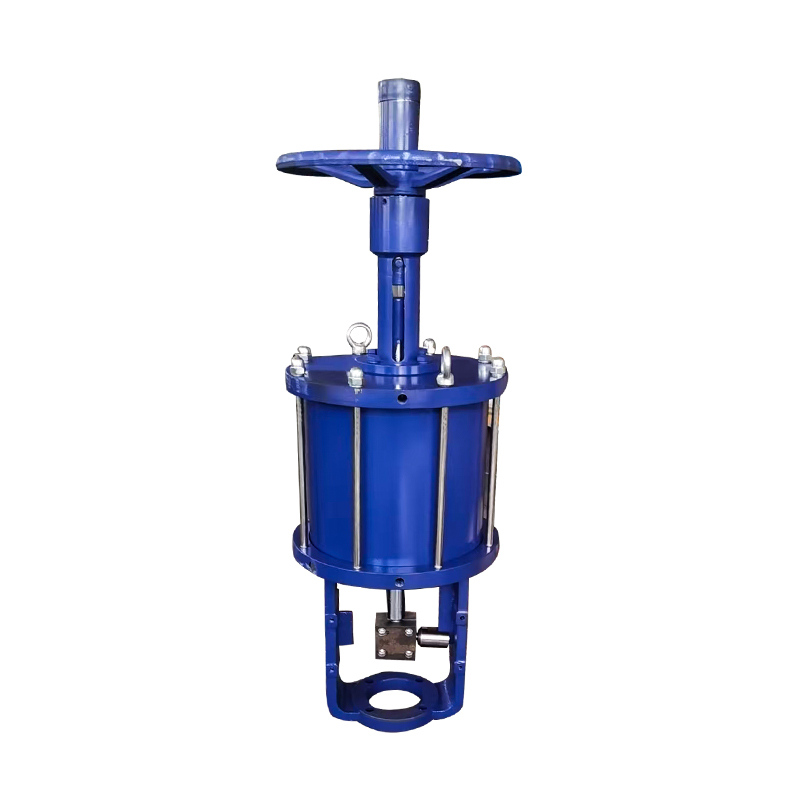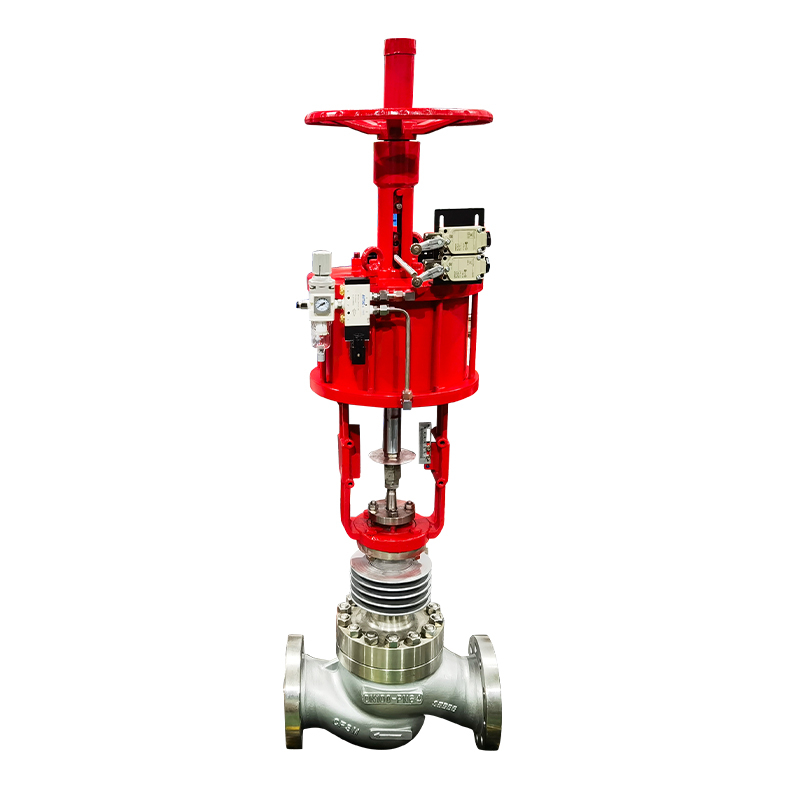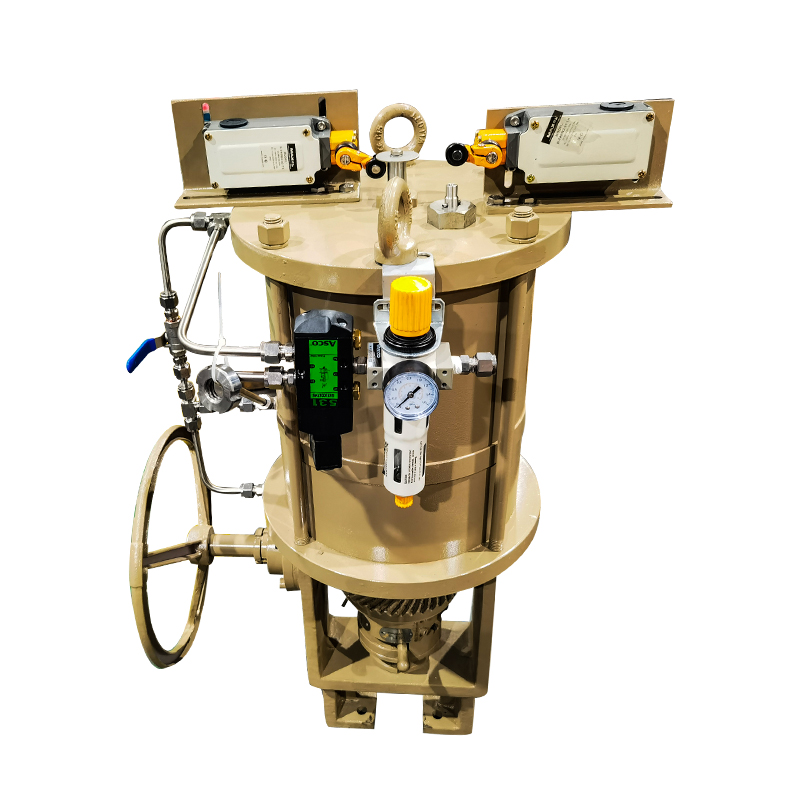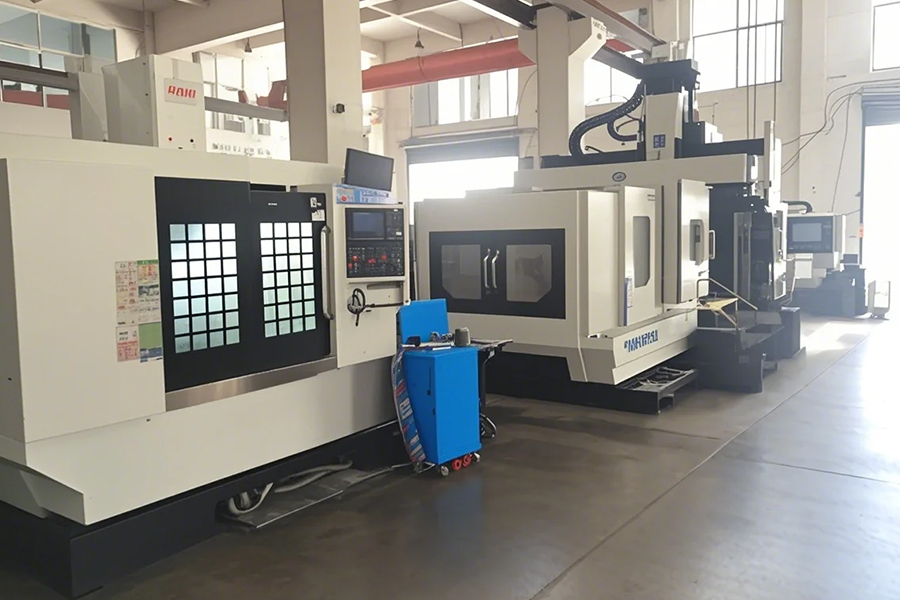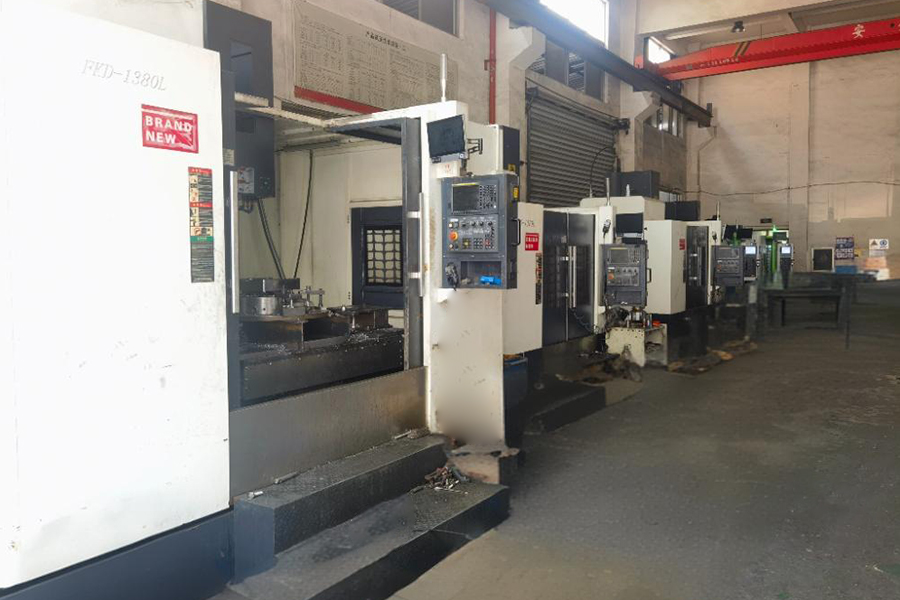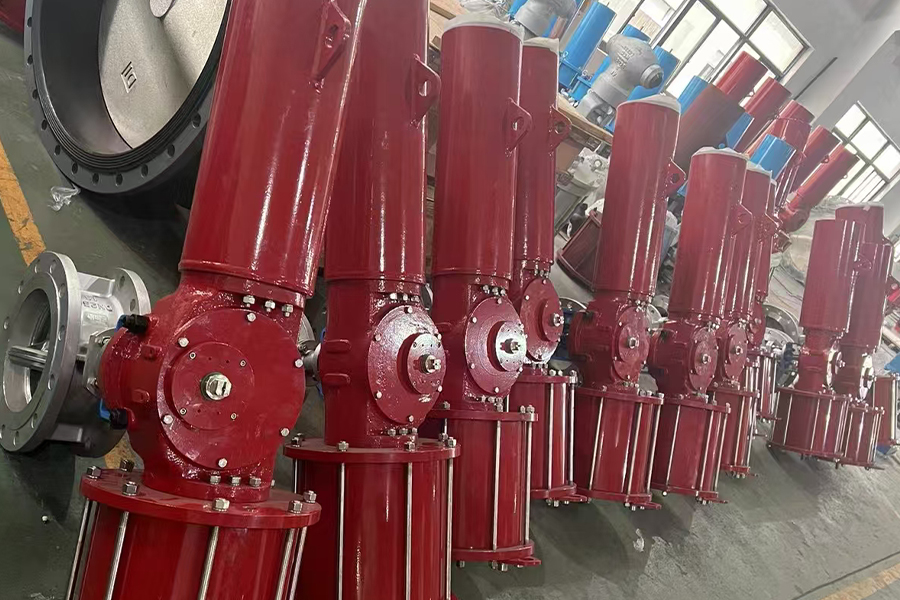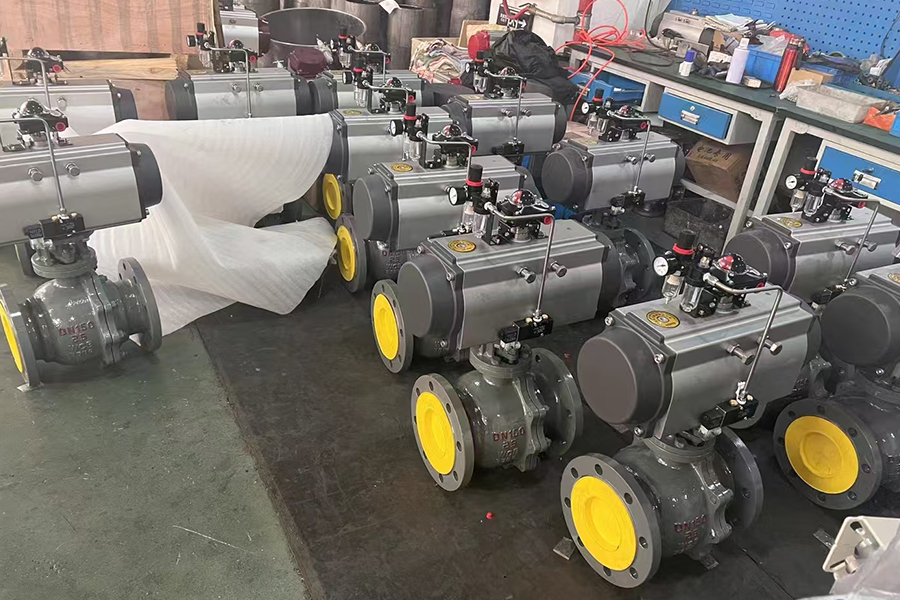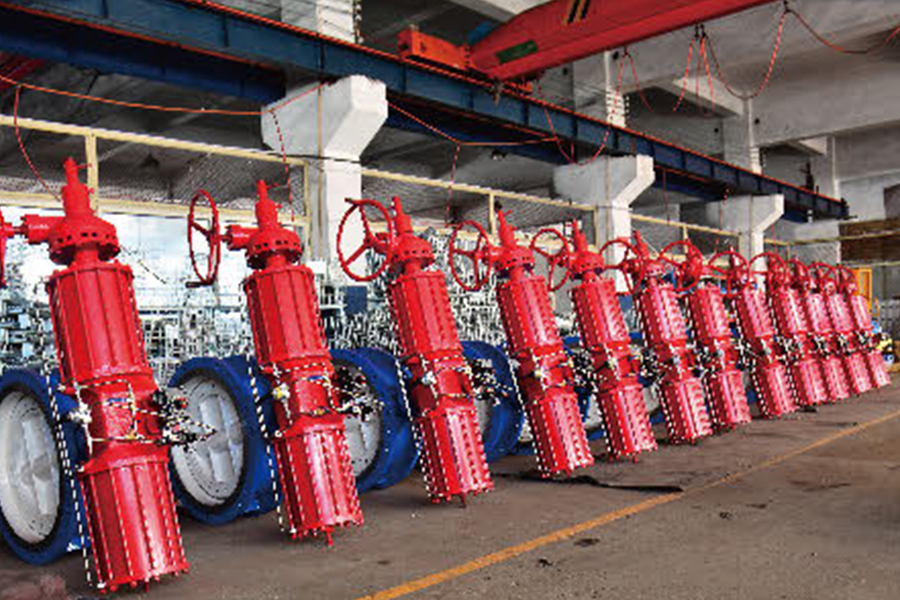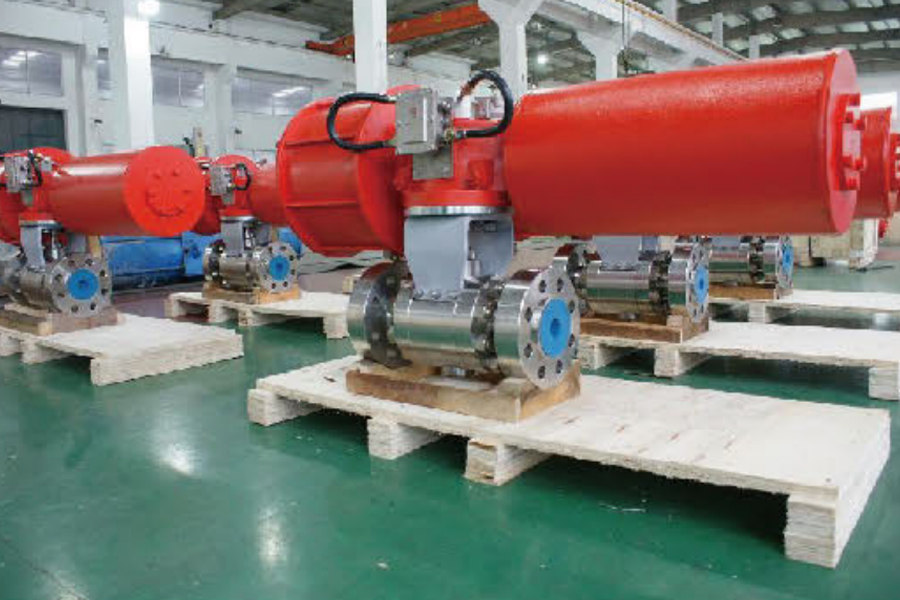Pneumatic stop valves are essential components in many industrial and commercial systems where controlling the flow of gases or liquids is critical. These valves operate using compressed air or other gases to open or close the valve mechanism, allowing precise control over the flow in pipelines or equipment.
The common applications of pneumatic stop valves is in automated manufacturing processes. In many production lines, the need for quick and reliable control of fluid flow is crucial. Pneumatic stop valves provide fast response times due to their air-operated mechanism, which makes them suitable for systems where frequent opening and closing is required. For example, in automotive manufacturing, these valves help regulate coolant, lubricants, or air supply lines within robotic assembly systems.
Another significant application of pneumatic stop valves is in the chemical processing industry. Handling various chemicals safely requires valves that can quickly shut off flow to prevent leaks or spills. Pneumatic stop valves are often preferred because their operation is less susceptible to electrical hazards, making them suitable for environments where ex
plosive or flammable substances are handled. These valves also support remote operation, allowing operators to manage flow from safe locations.
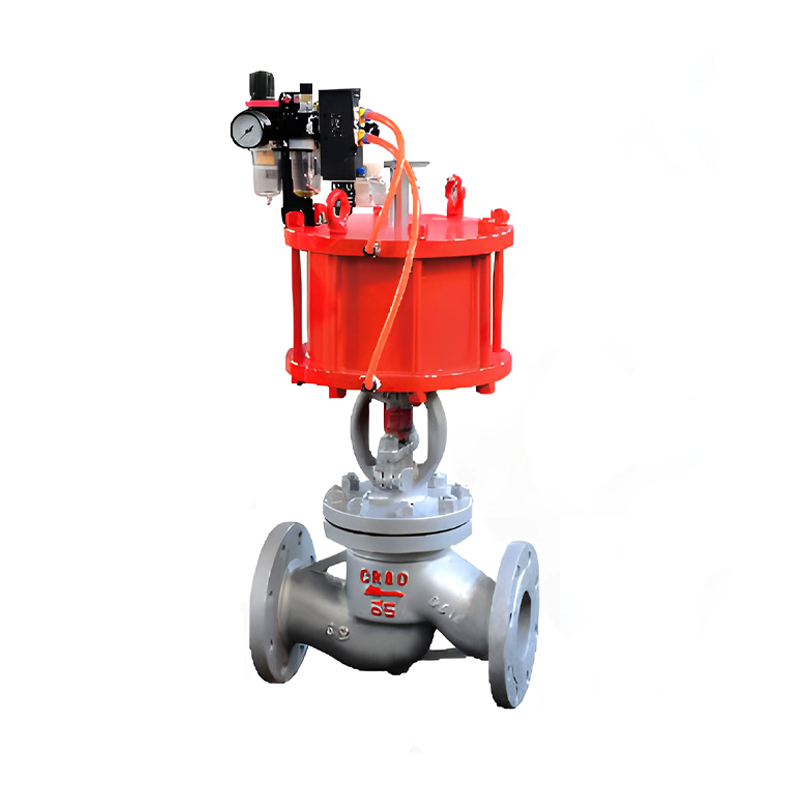
In the food and beverage industry, pneumatic stop valves are widely used due to their hygienic and reliable design. They are often integrated into processes that require sanitary conditions, such as dairy or beverage production. The pneumatic actuation enables quick and clean valve operation, reducing the risk of contamination. Additionally, these valves can be made from materials that meet food-grade standards, ensuring safety and compliance with industry regulations.
Water treatment plants also benefit from the use of pneumatic stop valves. These valves control the flow of water and chemicals during treatment processes, such as filtration, disinfection, and distribution. The ability to automate valve control with pneumatic systems allows water treatment facilities to maintain consistent and reliable operation, even under variable demand conditions. Pneumatic stop valves help in isolating different sections of the system for maintenance or emergency shutdowns without disrupting the entire process.
In HVAC (Heating, Ventilation, and Air Conditioning) systems, pneumatic stop valves serve an important role in managing airflow and fluid control. They are used to regulate chilled water, steam, or air flow in large commercial buildings. Their precise control and quick response make them well-suited for systems that require balancing different zones or responding to changing environmental conditions efficiently.
Pneumatic stop valves are also commonly found in the pharmaceutical industry. In these settings, precise flow control and quick shut-off capabilities are necessary to maintain product integrity and meet stringent safety standards. The valves' ability to be actuated remotely ensures that operators can maintain sterile conditions while managing the flow of various fluids or gases involved in pharmaceutical manufacturing.
Pneumatic stop valves have applications in the oil and gas sector. They control the flow of crude oil, natural gas, and other fluids in pipelines and processing facilities. The durability and reliability of these valves, combined with their ability to operate in hazardous environments, make them suitable for this demanding industry. Pneumatic actuation allows operators to manage flow control efficiently while reducing manual intervention.
Pneumatic stop valves are versatile components used across a wide range of industries. Their ability to provide reliable, fast, and remote control over fluid and gas flow makes them valuable in manufacturing, chemical processing, food and beverage, water treatment, HVAC, pharmaceuticals, and oil and gas applications. By understanding these typical applications, industries can better appreciate the role pneumatic stop valves play in ensuring operational efficiency and safety.








